When I reflect on the ethical foundation of our MERL work, three moments from the field consistently come to mind, and each has taught me something crucial about obtaining informed consent.
The first was during a WASH initiative focused on eliminating intestinal worms in Kwale, Kenya. Our team was conducting household surveys with the head of each household and one randomly selected member. I met Collins(not his real name), a 14-year-old who was randomly selected in this household but kept glancing at his grandfather, and our team hadn’t yet explained the concept of assent and guardian consent properly. That day, we paused everything. We restructured our session to include family conversations, explained the study in plain Swahili, and confirmed both the grandfather’s and Collins’ understanding. Their consent was voluntary, informed, and rooted in mutual respect. It reminded me that confirming capacity to consent isn’t just legal, it’s human.
Another powerful lesson came during an M&E consultancy with a partner from USAID. A colleague shared their experience coordinating community-based surveys in Northern Uganda, where literacy barriers made written consent ineffective. They told me how their team used oral explanations and locally translated visual aids, including illustrated flashcards, to explain procedures and risks. Participants were invited to paraphrase what they understood, and it was transformative. Not only did it improve trust, but it ensured comprehension in multilingual, low-literacy environments without sacrificing clarity.
And lastly, during a mental health-focused project in Nairobi, I witnessed the impact of ensuring voluntariness firsthand. One participant hesitated, clearly uncomfortable. Our consent session had been scheduled in a crowded communal hall. I asked if she’d prefer a quieter space. When we relocated to a private corner and gave her time to ask questions, she eventually agreed to participate, not out of pressure, but confidence. That interaction taught me that consent is highly relational, and privacy can be the difference between compliance and choice.
Each of these encounters showed me that effective informed consent is more than a checklist; it’s an ongoing, respectful, and context-aware conversation. As researchers, our job is to listen first, explain clearly, adapt thoughtfully, and protect dignity throughout. What do you think? I would like to appreciate your thoughts in the comment box.
ABOUT THE AUTHOR
Fidelis Nasong’o is a Programme Officer with over five years’ experience in education and international development across Kenya and a Cloneshouse African Internship Programme intern.. He has led program implementation, stakeholder engagement, and field research with Instill Education and Innovations for Poverty Action. Fidelis holds a Bachelor’s in Education and is completing a Master’s in Project Planning and Management at the University of Nairobi. He’s passionate about using data to strengthen educational outcomes and program impact.

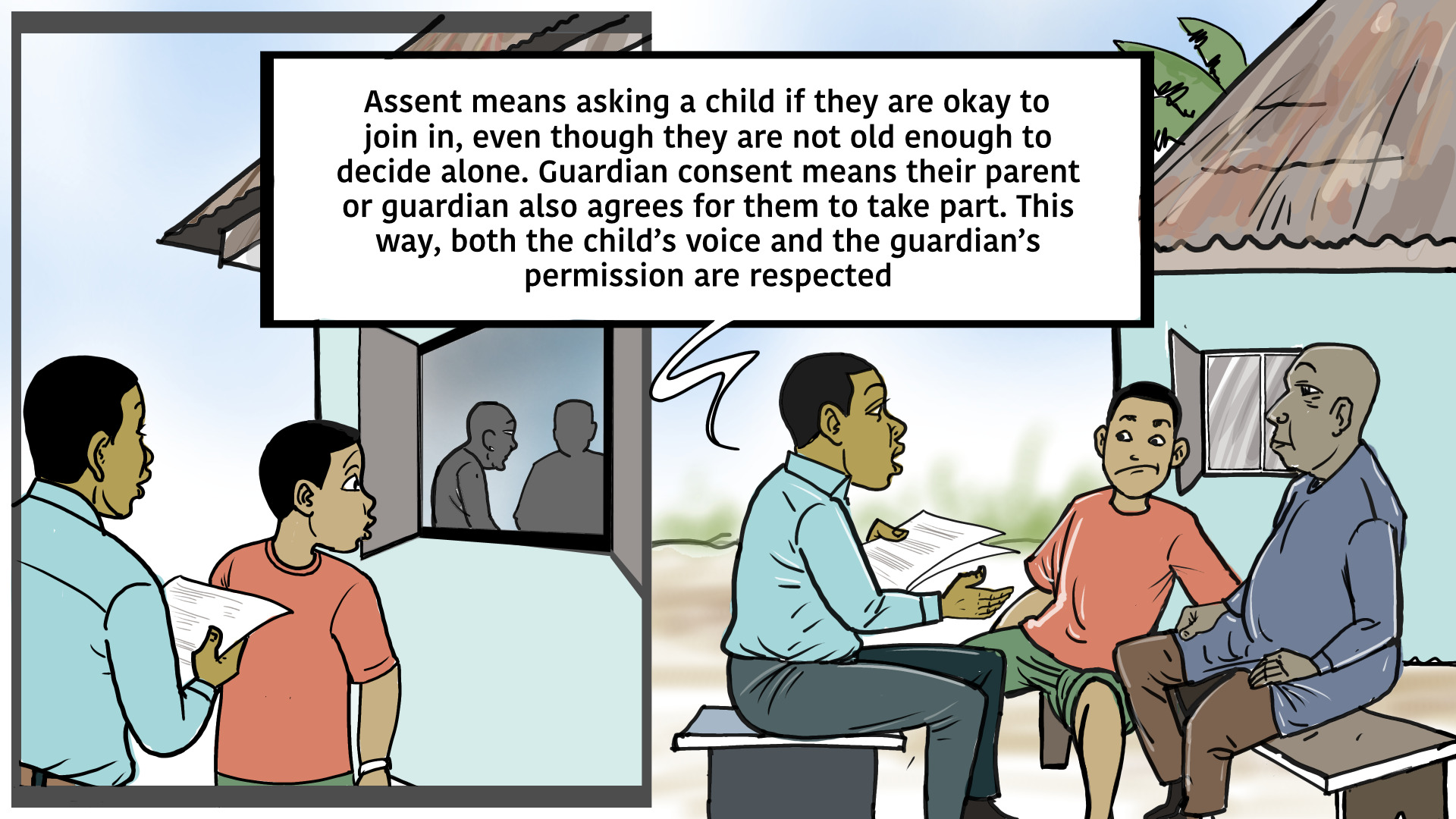
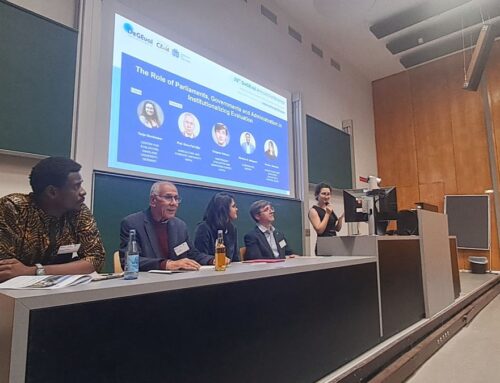
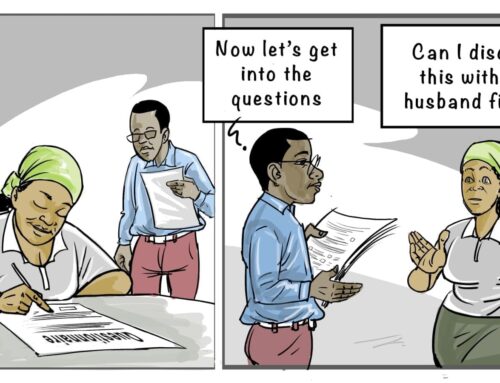
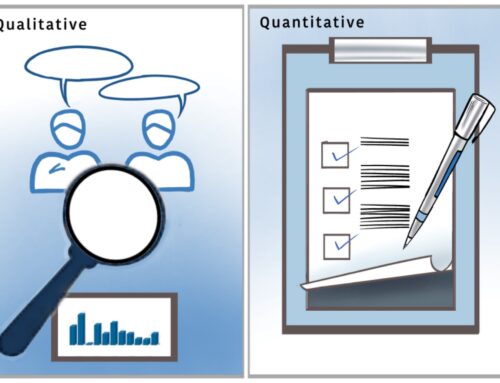
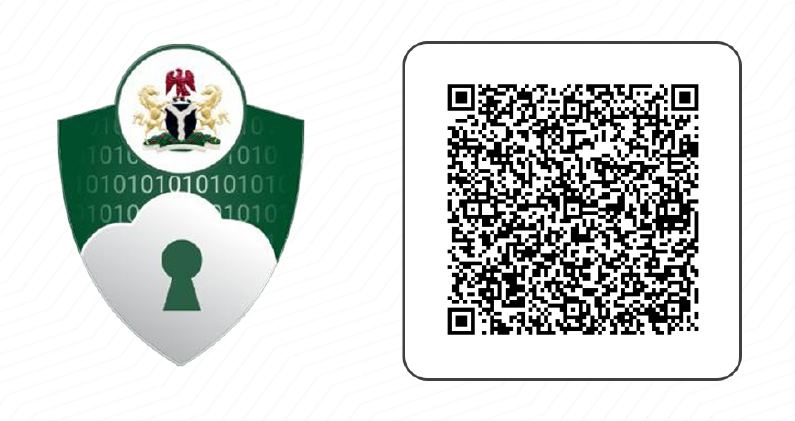
Perfectly explained piece with very insightful content! will appreciate more content related to issues field work from you Mr. Fidelis Nasong’o. I am personally learning a lot from you. I HIGHLY recommend your work to any data collection firm .
Thank you, Moses
Thank you for highlighting this. It’s often the seemingly simple details that play a significant role in gathering credible information from participants, not just ticking boxes or completing surveys for the sake of it, but fostering genuine engagement that leads to meaningful insights.
Thank you for sharing, John. When participants feel genuinely engaged and understood, the data we gather becomes more authentic and useful. It’s a reminder that good research isn’t just about tools and forms, but about building trust and creating space for real voices to be heard.
I like that you brought out the different contexts and the ways you approached the process of informed consent. No of participants, literacy barriers and age differentials are some factors which can shape the manner of obtaining consent.
Great piece Fidelis. Love how practical your reflections are.